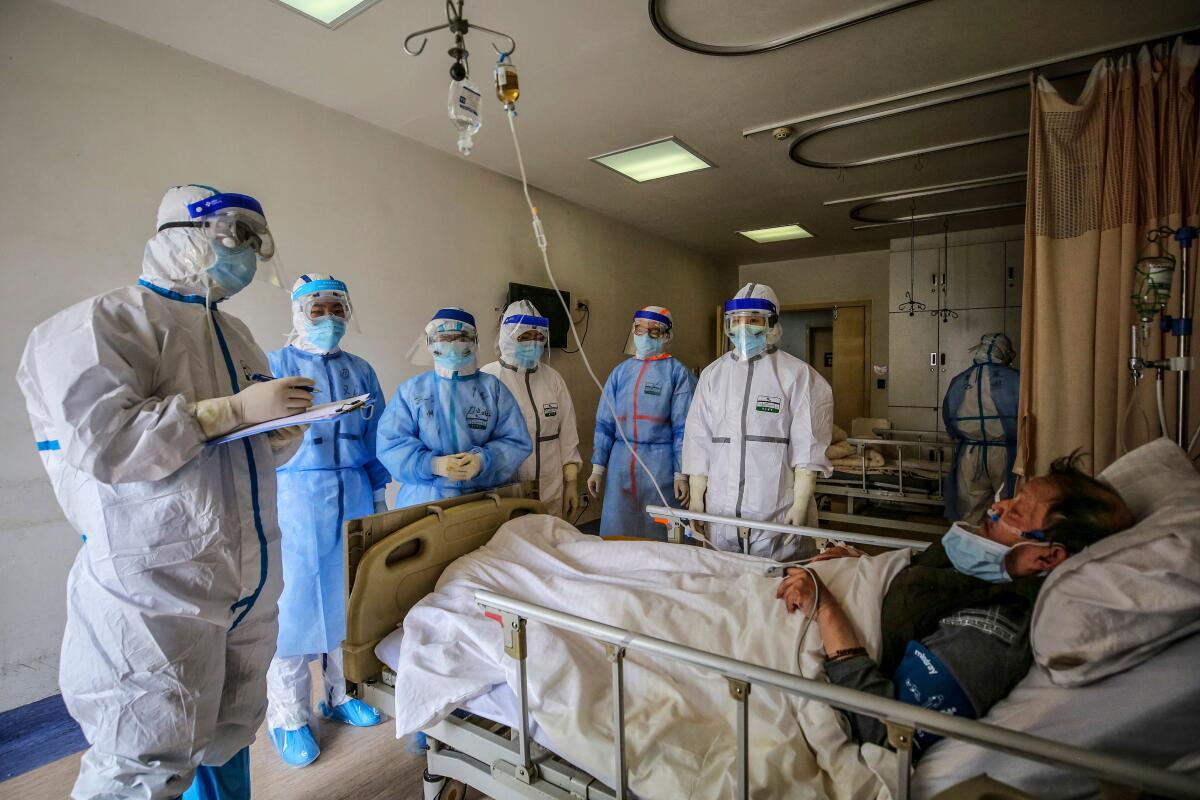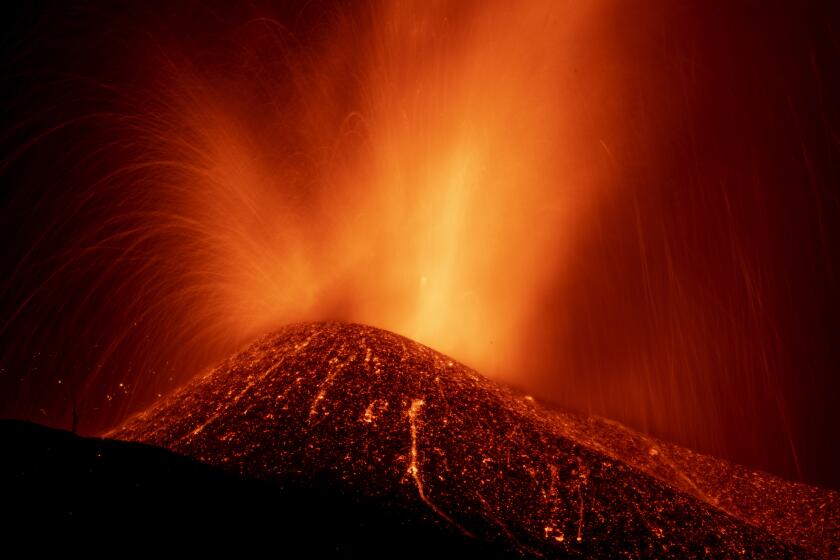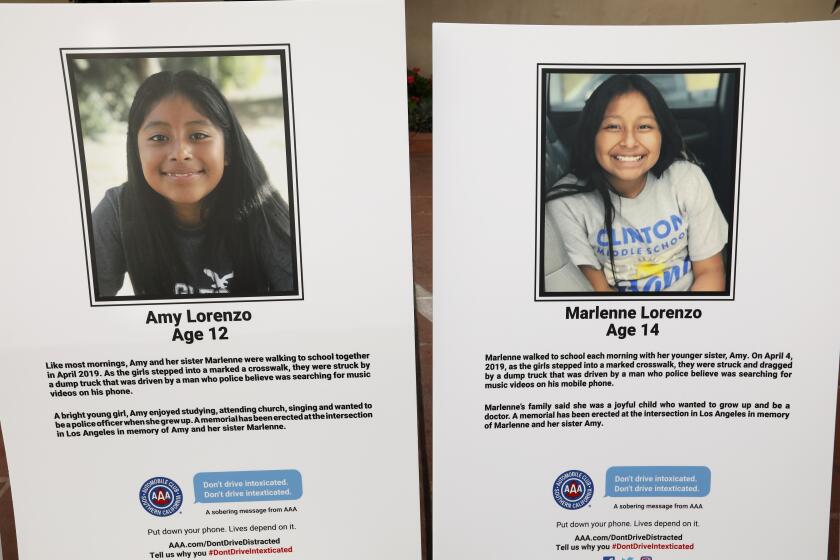The Times podcast: Meet the Germhunters

- Share via
Listen to this episode of The Times: Apple | Spotify | Stitcher | Google
For the record:
12:57 p.m. May 28, 2021This episode was updated on May 28 to clarify that Peter Daszak, our interview subject, has long worked with the Wuhan Institute of Virology, one of the labs that might be implicated by the lab leak theory, and to clarify that many of those advocating investigation of the lab leak hypothesis believe such a leak would have been an accident.
Peter Daszak is president of the EcoHealth Alliance, where he leads a team of researchers working to identify emerging diseases around the world, the so-called zoonotic viruses that leap from animals to humans. This year, he went to China with the World Health Organization to track the origins of COVID-19. Daszak says cooperation with China — which theorizes that the coronavirus originated in the wet markets of Wuhan — is important to understanding and preventing future outbreaks.
But some vocal skeptics — politicians, media pundits and a few scientists — don’t believe the virus jumped from animals to humans. They think Chinese scientists let the virus loose somehow. It’s a theory that just won’t go away.
Host: L.A. Times staff writer James Rainey
More reading:
Trump administration ended pandemic early-warning program to detect coronaviruses
Why China’s wildlife ban is not enough to stop another virus outbreak
Commentary: No, China’s fresh food markets did not cause coronavirus
More to Read
About The Times






